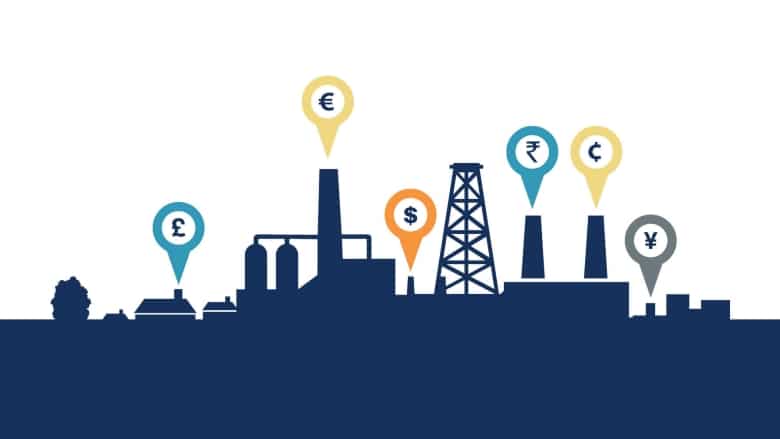
The US will soon introduce a carbon tax of $50 a tonne
Prepare for a carbon tax of $50 a tonne – soon.
 That is the advice of Bob Litterman, one of the most respected figures in the world of high finance and co-developer of a new method for factoring climate uncertainty into asset pricing, The EZ Climate Model.
That is the advice of Bob Litterman, one of the most respected figures in the world of high finance and co-developer of a new method for factoring climate uncertainty into asset pricing, The EZ Climate Model.
Published in the journal The Proceedings of the National Academy of Sciences the model proposes that carbon tax rates be calculated on environmental, economic, and social factors, including the costs the public pays for carbon use such as damage to agriculture, vulnerable coastal infrastructure, and risk to human health.
Entitled Applying Asset Pricing Theory to Calibrate the Price of Climate Risk, the model is co-authored by Kent Daniel, Professor of Finance and Senior Vice Dean at Columbia Business School, and Gernot Wagner, of New York University’s (NYU) Graduate School of Public Service and Professor at NYU’s Department of Environmental Studies.
The resulting equation turns traditional thinking on its head. Currently the belief is that a carbon tax should start low and rise over time, to encourage the development of clean technology and lower emissions. The EZ Climate model reverses this, saying that to correctly reflect uncertainty around climate change a carbon tax should start out high and decline as that uncertainty is resolved.
The model merges the tools of both financial and climate economics, resulting in a higher estimated cost on uncertainty and a higher value on averting risks. The study concludes a carbon tax of over $100 is required to be effective.
The shift to carbon pricing will happen rapidly
Mr Litterman – who enjoyed a 23-year career as a leading risk and investment manager with Goldman Sachs and since 2010 a founding partner of Kepos Capital, a $2bn asset management company – however, does not believe this is a realistic proposition.
“I don’t think $100 is realistic,” Mr Litterman told the World Biogas Association. “I do think a tax around $50 is going to be enacted soon in the US and that should quickly lead to global incentives at similar levels, which will drive the rapid transition that we so desperately need.”
He said the shift in perspective would happen quickly in response to market pressure arising out of the climate crisis.
“The main reason is that ‘stranded assets’ have been underperforming in the market for over five years, reflecting increasing investor expectations of the rapid transition to a low-carbon economy.
“Policy is not going to happen slowly — at some point soon the US government will flip, and everyone is going to realise that we are much too late. It won’t be an ease on the brakes scenario; it will be slam on the brakes!”
Mr Litterman concluded, “To me the most surprising result of the research was how quickly the cost of delay increases over time. When we modelled optimal carbon pricing policy with various start dates in the future, we quickly realized that the impact of the mitigating effects is closely tied to when you actually start ascribing a price to carbon emissions.”
“It’s been broadly accepted that carbon prices should start low and increase over time,” said Professor Wagner. “Our paper argues that high uncertainty turns this view on its head: high prices today, which are expected to decrease in the long run as uncertainty clears up and technological change makes mitigation much cheaper.”
“Our model shows that properly taking climate uncertainty into account leads to the conclusion that we need to take stronger action today to give us breathing room in the event that the planet turns out to be more fragile than current models predict,” said Professor Daniel.
Carbon taxes: Economists and other climate scientists have long believed that the optimal way to combat climate change is to charge for each ton of CO2 emitted into the atmosphere. Such charges could easily be incorporated into fuel taxes. The revenues from such taxes could be directly rebated to consumers in the form of a carbon rebate, so that a tax could be revenue neutral, and could cost those who are large polluters, and benefit others.

